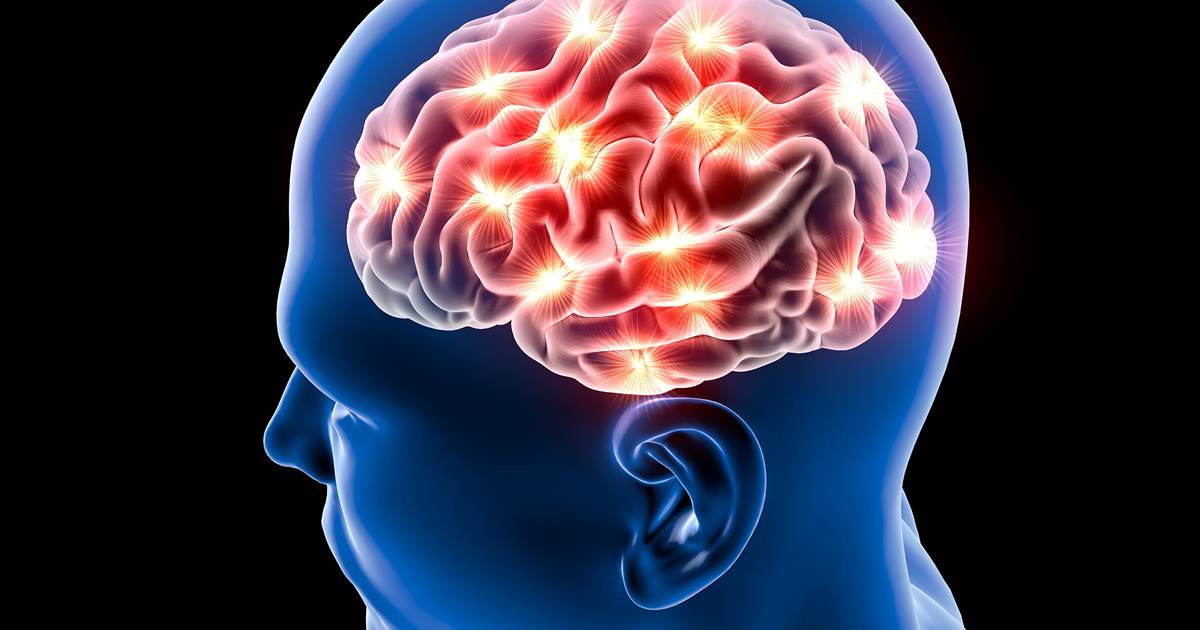Sjogren's Syndrome: Indications It Could Be More Serious
Cognitive Impairment (Brain Fog)

Approximately eight to forty percent of Sjogren's syndrome patients will also experience a disruption in the central nervous system or spinal cord. Specific cognitive symptoms relating to Sjorgen's syndrome include cognitive dysfunction, encephalopathy, myelopathy, optic neuropathy, and even seizures. Although another ailment usually causes this type of symptom, it is best to determine what is causing them. Motor function impairment, as well as sensory impairment, can be observed in up to fifty-five percent of patients with Sjogren's syndrome. Progressive weakness or even paralysis can occur if the symptoms are not treated properly. Keeping a diary of occurrences of brain fog, or the inability to function at the normal cognitive level is a good start in determining what is causing the impedance. Although Sjogren's syndrome can produce these types of symptoms, many other ailments can also cause them. A thorough consultation with a health professional is critical.
Tooth Decay

Sjogren's syndrome is known to dry out the mouth, creating a cotton-mouth feeling which can make it difficult to swallow or speak. Cavities are more likely to develop due to dryness of the mouth and the inability to protect the teeth with saliva. Dentists are among the first to spot the symptoms of Sjogren's syndrome because many of the early signs will manifest inside the mouth. There are many sugar-free snacks and gums available that will stimulate the production of saliva. Many patients with Sjogren's syndrome will visit the dentist first and complain of a dry mouth or excessive decay and will then visit a physician to deal with joint pain and fatigue. Patients with excellent dental hygiene may also experience teeth and mouth pain.
